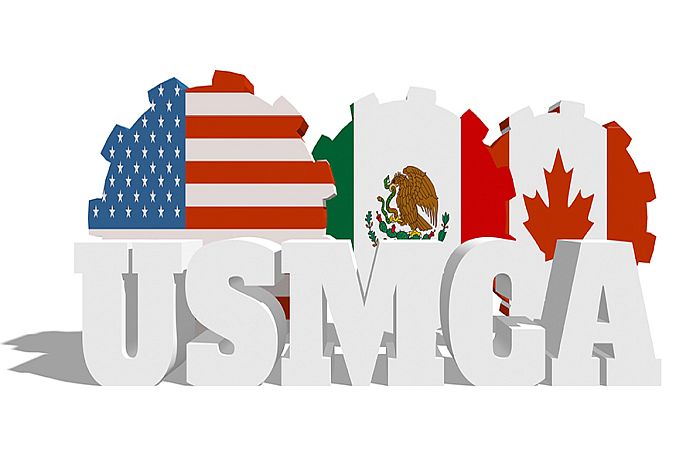USA / MEXICO – The United States and Mexico on Thursday announced the resolution to a situation at the Panasonic Automotive Systems facility in Reynosa, Mexico where workers were previously denied their freedom of association and collective bargaining rights. This announcement comes after United States Trade Representative Katherine Tai requested the government of Mexico review the matter under the United States-Mexico-Canada Agreement’s (USMCA) Rapid Response Labor Mechanism (RRM). This announcement marks the third time the Office of the United States Trade Representative has successfully used the RRM to benefit workers.
“Today’s announcement is yet another example of the Biden-Harris Administration’s commitment to defending the rights of workers, including those that live beyond our borders. By enforcing labor rights under the USMCA, we are creating a more competitive North American economy where workers and businesses can operate on a level playing field,” ambassador Katherine Tai said. “I commend the government of Mexico for coordinating a prompt and thorough resolution to the concerns raised by Mexican workers.”
“The Biden-Harris administration’s trade policies continue to support the rights of workers across North America to freely organize unions and choose their own representatives,” US secretary of labor Marty Walsh said. “By invoking the USMCA Rapid Response Mechanism in this case, we are ensuring that businesses consistently and uniformly respect workers’ freedom of association. I applaud this outcome and the efforts of all parties involved.”
The independent Mexican union and the facility engaged in constructive discussions, facilitated by the government of Mexico, in connection with the USMCA matter. Actions taken by the facility to address the matter include:
- Renouncing a collective bargaining agreement (CBA) it had signed with a union that lacked lawful bargaining authority, and removing that union from the facility;
- Reimbursing workers for dues the company had deducted from workers’ paychecks on that union’s behalf;
- Remaining neutral in a representational vote that resulted in a landslide victory for the independent union, SNITIS;
- Recognizing SNITIS as the workers’ bargaining representative, and granting SNITIS access to the facility;
- Offering reinstatement and backpay to 26 workers who were allegedly terminated for participating in union activity;
- Reimbursing workers for wages unpaid as a result of a work stoppage at the facility; and
- Negotiating a new CBA with SNITIS, which, if submitted by SNITIS to a worker vote and approved by workers, would result in a significant wage increase.
In addition, the government of Mexico will conduct further inspections at the facility to monitor the situation.





